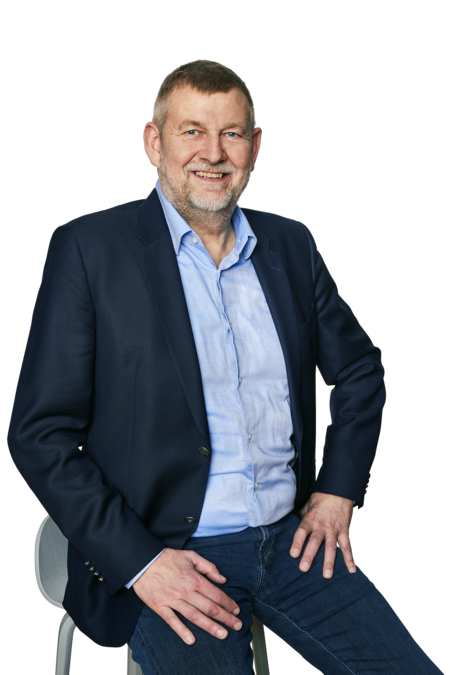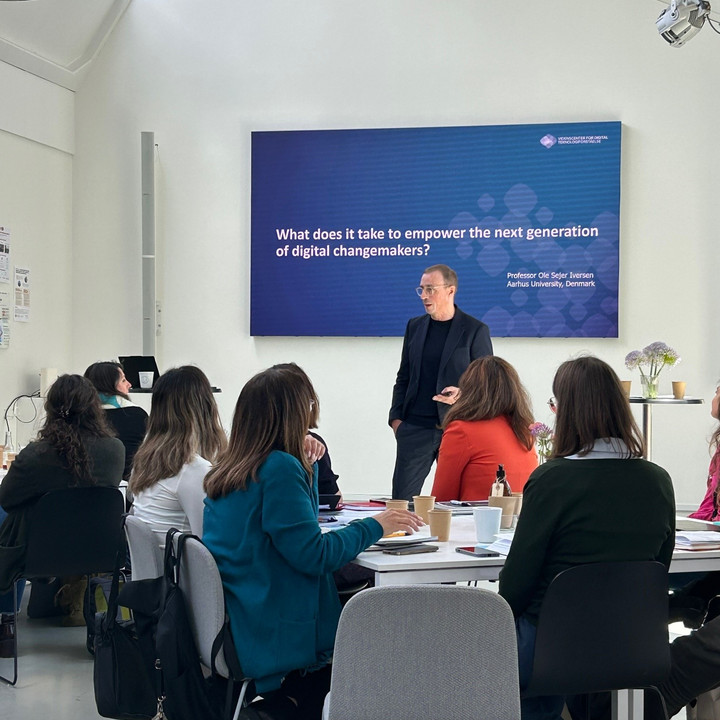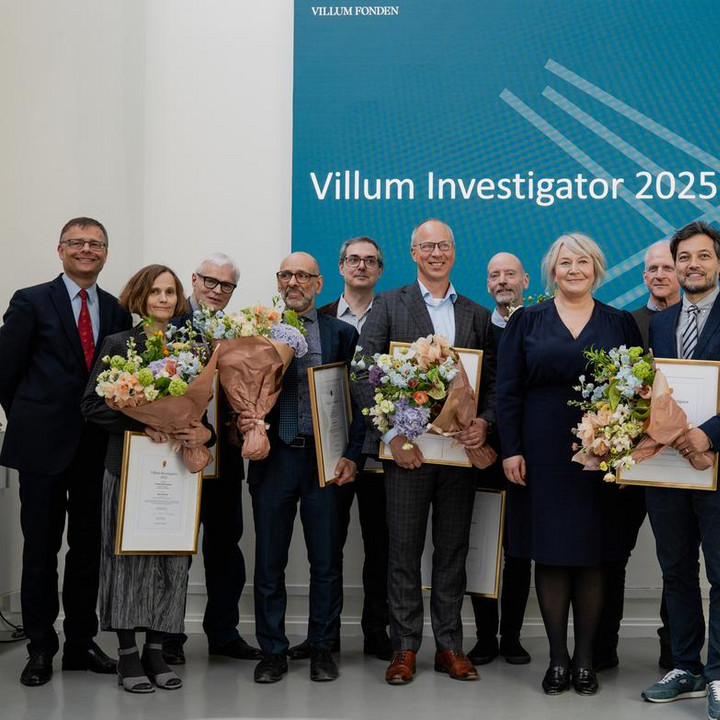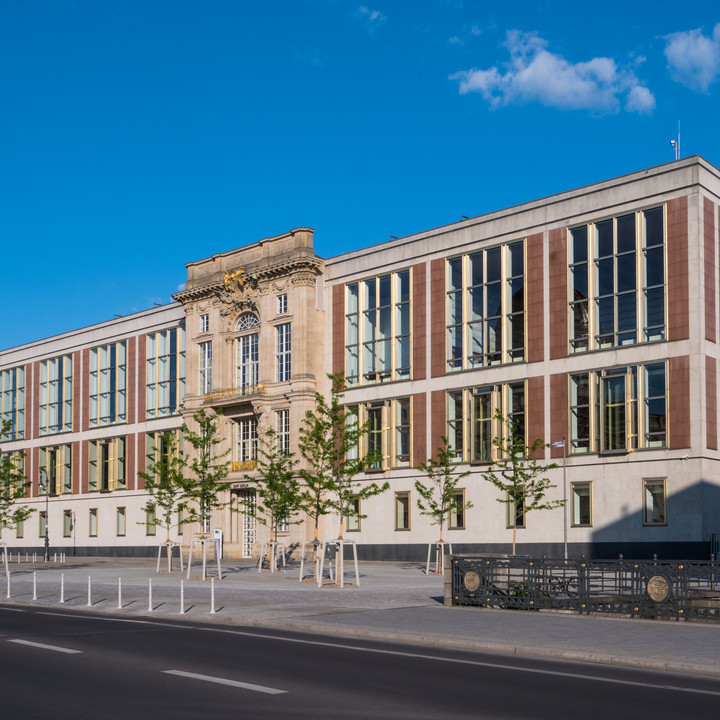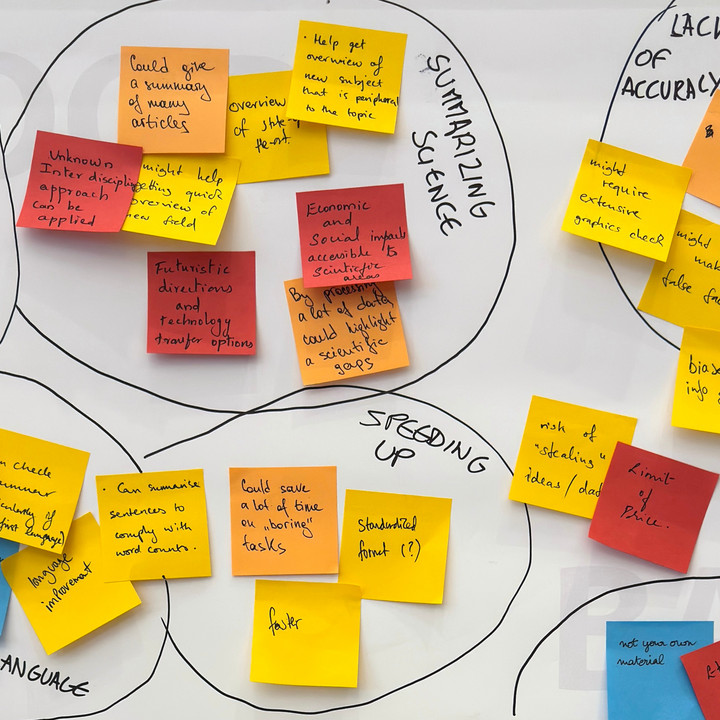New Research Training Programme to Develop Future Quantum Specialists
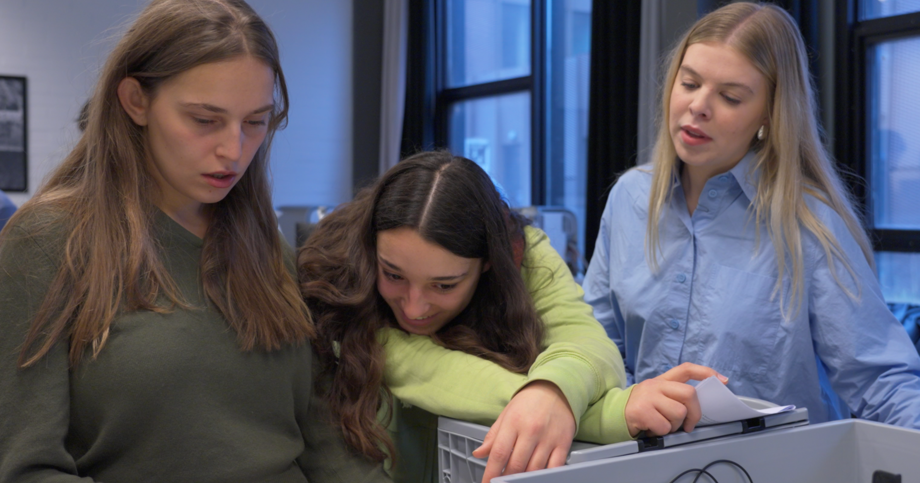
With a grant of DKK 60 million from Villum Foundation, the University of Copenhagen (UCPH) and the Technical University of Denmark (DTU) are establishing a new research training programme aimed at the rapidly growing field of quantum research. The development of new medicines, advanced diagnostics, quantum internet, secure information encryption and future quantum computers are just some of the possibilities emerging in this area.
The goal of the programme is to create a hub for quantum research, to attract candidates and PhD students with strong research potential, and to give them time to establish themselves in Denmark and build networks within both academia and industry.
"Denmark holds a strong international position in quantum research and technology. It is crucial that this position is maintained and further strengthened. Therefore, it is essential that both universities and industry have access to a highly educated talent pool within the quantum field. This initiative focuses on the students, ensuring that the next generation has the best possible conditions to thrive," says Lise Arleth, Vice-Dean for Research and Head of the PhD School at the Faculty of Science, University of Copenhagen.
Quantum Technologies Hold Enormous Potential
At a time when the EU is placing increased emphasis on supporting innovation, quantum technology presents immense opportunities. In addition to enabling quantum computers capable of performing calculations far beyond the reach of traditional computers, quantum technology offers entirely new possibilities in precision measurement and information security, with a wide range of applications from drug development to new materials for the green transition.
"Quantum technology is one of the four critical technologies identified by the EU as particularly important for our technological security. Therefore, it is vital that we attract talented researchers who can drive innovation and strengthen our international competitiveness. This will not only benefit universities and industry but also society as a whole by ensuring that we have the necessary skills to fully exploit the potential of quantum technology," says Christine Nellemann, Provost at DTU.
UCPH and DTU already offer a joint Master's degree in Quantum Information Science, which has seen a surge in interest, with applications nearly doubling from 161 in 2024 to 279 in 2025.
The new quantum education programme builds directly on this Master's programme and aims to cover the full spectrum of quantum research, from theory to practice and from hardware to software. Over the next five years, 24 PhD fellowships will be established, and fellowships for Master's students from outside the EU will be offered to cover tuition fees and living expenses.
Closer Links Between Researchers and Industry
The initiative is led by some of DTU’s and UCPH’s leading quantum researchers, including Jonatan Bohr Brask, Matthias Christandl, Gemma Solomon, and Jan Philip Solovej.
Inspired by PhD systems at leading US universities, the programme will encourage PhD students to take greater ownership of their research areas. Traditionally, established researchers receive grants to employ PhD students, but here the process is reversed: young researchers themselves will apply for funding, giving them the opportunity to shape their education with new and innovative ideas.
"The grant allows us to harness the energy and innovative thinking of young researchers to build a network of students who will lead the quantum workforce of the future. The programme aims to establish strong connections across Denmark's flourishing quantum ecosystem for education and research. It will strengthen Danish research and industry and foster new international collaborations. This will be facilitated by integrating the programme into the University of Copenhagen’s Quantum Hub and DTU’s Quantum DTU," says Professor Gemma Solomon from the Department of Chemistry at UCPH.
As part of the research training programme, a marketplace will also be established where PhD positions and student jobs in quantum technology will be posted, allowing providers of PhD fellowships across Denmark and companies to connect with talents from the Master's programme. This will give the growing Danish quantum industry better access to potential new employees and offer students valuable hands-on experience during their studies.
Thomas Bjørnholm, Chief Scientific Officer at Villum Foundation, welcomes the initiative:
"The winner of the quantum race will shape the future of technology and science in ways we can only begin to imagine. That is why Villum Foundation has supported Danish research environments in attracting and developing talent in this field for many years. This new programme is a crucial step in consolidating, expanding, and retaining the talent pool needed by both universities and industry to secure a leading position for Denmark and Europe in the quantum domain," he says.
The programme will start in autumn 2025.
